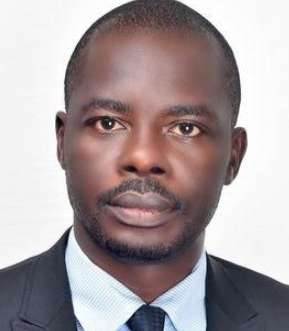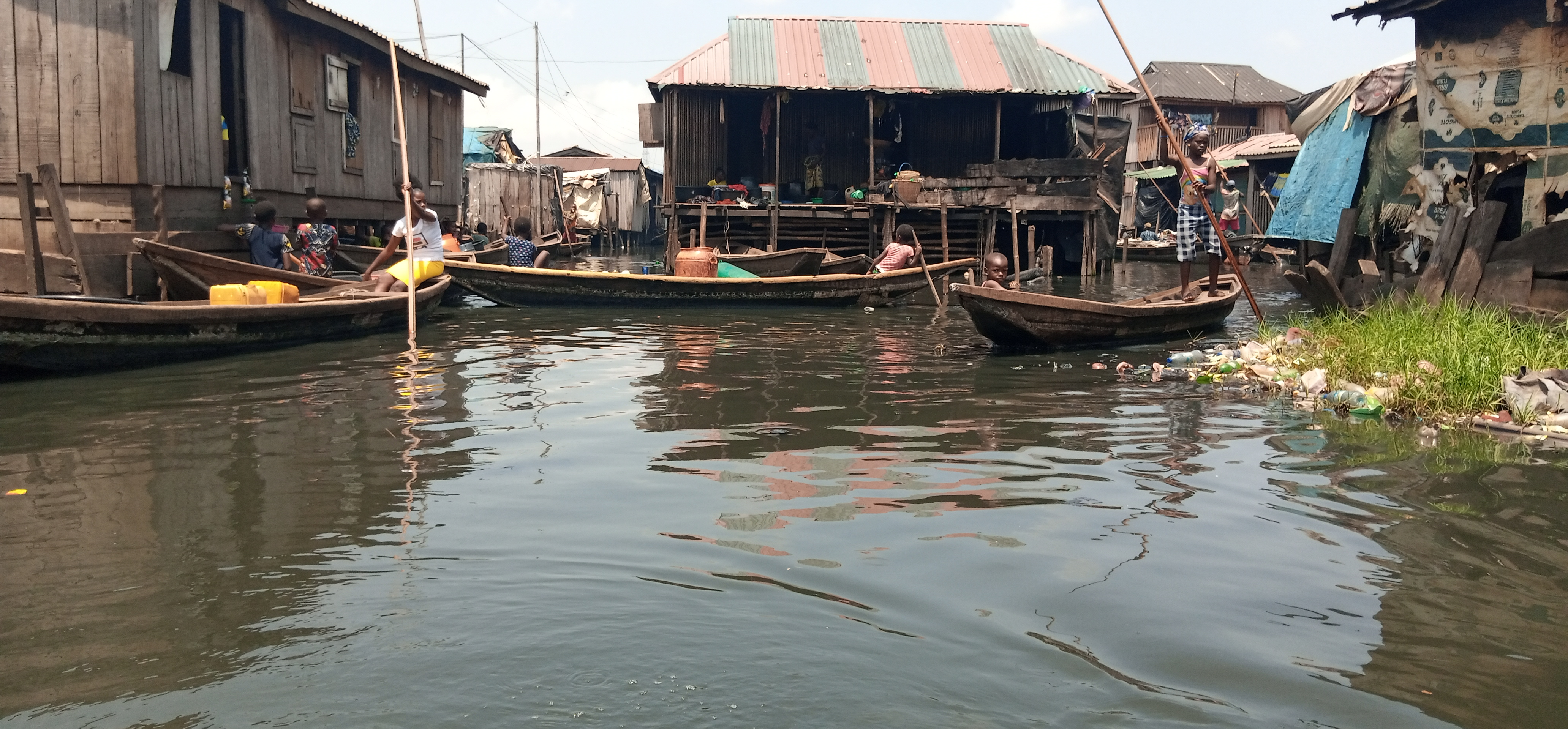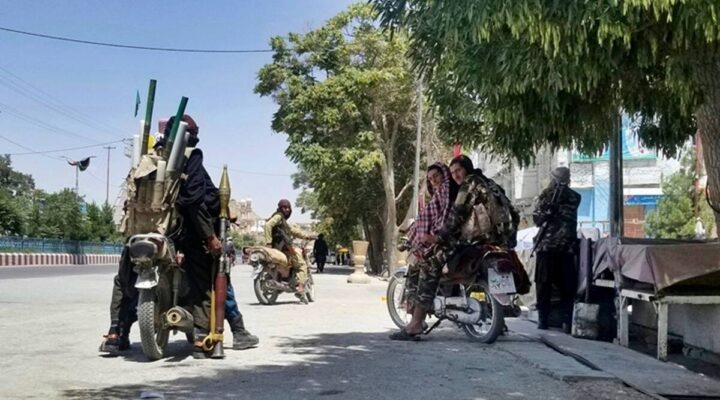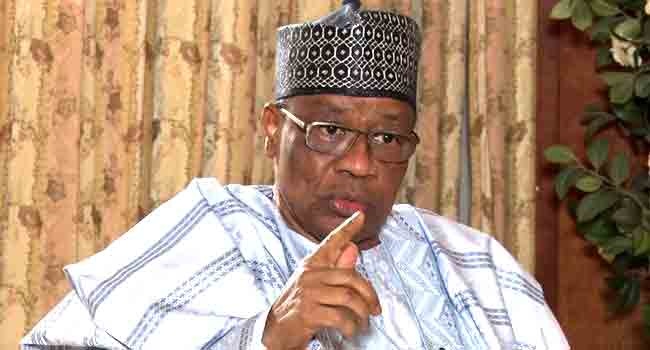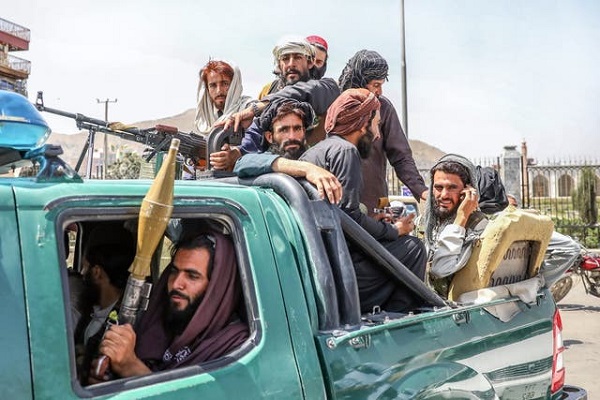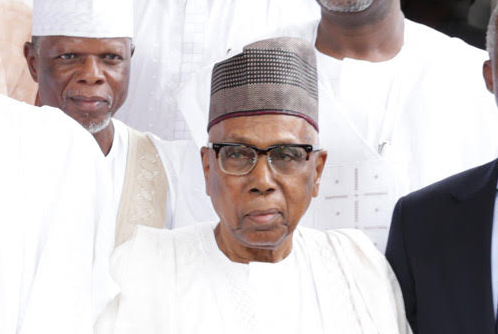Nigeria really needs to think deeper and bigger about its citizens—about the society as a whole—beyond what we currently have or have had these past years and decades as a nation. With the kind of unprecedented social problems and the various symptoms of psychological dysfunctions experienced mostly from our youths across this country today, we’ve got to really rethink our socio-political or socio-cultural standards and ideology as a people and expand our imagination as per how our society should be organized, governed, or instituted.
With the imprints of our checkered colonial history and the centuries-long transatlantic slave trade impact on our collective psyche as a race of people, Nigerians/Africans have faced too much psychological harassments and hence unconscious self-loathing [inflicted by the West’s shrewd geopolitics and systemic imperialism] to allow ourselves continue along this path of economic and social self-enervation going forward.
The truth is, even from the very richest person or the ones in the highest social strata at different levels of our society today to the very common person on our streets, we are all essentially ‘poor’—the poverty of a truly inspired, charitable, generous, liberal and progressive spirit. From Dangote, Nigeria and Africa’s richest person, to the very powerful political, military, traditional or religious elite and all leaders of this country, down to the man at the last rung of society, it is safe to say we are all essentially “poor” as a collection of people. It seems that what we have all rather mastered over these years as a nation and people is the zero-sum model of leadership, management, or governance. Instead of focusing on increasing society for all and expanding our collective capacity to produce, innovate, disrupt, empower and maximally prosper, we have rather perfected the art of ‘skimming our way through’, doing our best to “restrict” real fundamental growth both nationally and subnationally. Of course, what you have today is an “organism” whose growth potential has been forcefully gagged or stifled, and the natural outbursts is these diverse unprecedented social ills and the socioeconomic or socio-political disharmonies and stress we now experience as a country.
How else is Dangote not considered “poor”, when in 2013, as Africa’s richest person with a net worth of $16.1 billion and ranked 43rd richest person in the world according to Forbes, was far ahead of Facebook’s Mark Zuckerberg, who had a fortune of $13.3 billion and ranked 66th in the world? (Someone like Elon Musk did not even make the first 300th in that list, having just made the billionaire status with a net worth of just $2 billion the previous year). Today, however, while Dangote still remains Nigeria/Africa’s richest person under a severely shrunken economy, he now has receded down to over 195th position on the global list with a net worth now down to $11 billion; Mark Zuckerberg, in comparison, now holds a net worth skyrocketed many times over to $97 billion, as at this writing, and is now the 5th richest person in the world. Elon Musk on the other hand, whose meteor-like ascension is simply phenomenal to say the least, is now the 4th richest person in the world, with net worth in excess of $165 billion. Talk about the “miracle” of an organization or nation committed to radical growth, continuous research & development (R&D) and innovation!
Advertisement
About Dangote, therefore, the way his net worth has generally plummeted over the years during this period, and the fact that he still remains atop as Africa’s richest person with no seeming competition from anyone in sight within the country or continent, if this then is not an indication or evidence of a society’s general underderperformance and socioeconomic decline, then what else is? Obasanjo’s economy grew at average 7% within his eight years’ tenure. Late President Yar’Adua’s 3-years economy grew at average 7%, Jonathan’s at 6% on the average in his five years administration. For the last 5 years, however, our economy has greatly shrunken, today recording an average growth rate of 0.7% in the five years period. With our obviously enormous and unprecedented potentials, in human and natural resource endowments, these numbers and economic condition is rather disgraceful and reprehensible. Recall China’s 10% double digits [four decades-long] consistent growth between 1979 to 2018; a result of its holistic cultural reforms and economic restructuring of 1978!
I mean, fellow Nigerians, we’ve got to be serious about our national life as a people. Is it not a shame, a crying shame at that, that in the entire country, even in the prominent and most high-end parts of the biggest cities of this country, we can’t boast of even 5-6 hours of steady, uninterrupted power supply per day? I mean, this is almost a century and two score years since the first steam-generated power station was opened in the Holborn Viaduct by Thomas Edison in 1882 to supply electricity to street lambs and several close private dwellings in London; over 137 years since the first house was lit by electricity later the year by the Edison Illuminating Company at Appleton, Wisconsin, in the United States. With all the evolution in energy technology and the various alternative sources, the world has since mainstreamed public power supply as a basic household, industrial, commercial or municipal utility for all towns and cities in their countries. It is sad that after all these years, we are still struggling with less than 5000MW of available power to the entire country since the British built the first electric utility company in Nigeria in 1929. With just about 60% of the national population electrified, at least 16 million Nigerian households are still without access to electricity today.
As another national elections comes up again in 2023, please it’s not time to rehash our popular mediocre economic plans and lifeless manifestoes of “Agenda 2023”, “Five points Agenda”, and the rest. We’ve got to really show true depth and uncommon commitment in coming forward with the BOLDEST NATIONAL DREAM and very inspired STRATEGIC VISIONARY FRAMEWORKS to put this country and its people on a sure path to real global-level growth, radical development and/or cutting-edge advancement in all societal sectors in the years and decades to come. We have got to be much prouder of ourselves and our individual citizens to give this nation and its occupants the very best that we all truly deserve. No more mediocrity and mediocre standards; no more of this cut-throat zero-sum competition and the quest to dominate one another. No more politics of control, selfishness and parochialism in our projections in all sectors of our society. It’s time for powerful GROWTH; growth and all-round societal progress that caters to all and for all. It’s time, indeed, for a NEW NIGERIA!!
In that New Nigeria, we must, as most of the developed countries of the world are currently doing, begin to value our economic and societal development much beyond just GDP numbers to the broader goals of truly uplifting the happiness levels, wellbeing and social or living standards of all our citizens as a collective. We have to actively embrace and benchmark our economic wellbeing by the many other alternative economic development indicators like Human Development Index, Genuine Progress Indicator, Happy Planet Index, etc, and match this with concrete policy targets and yearly deliverables.
Advertisement
We recall that, in 2011, the UN General Assembly adopted the resolution 65/309 Happiness: Towards a Holistic Definition of Development, where member countries were invited to measure the happiness levels of their people and to use the data to guide public policy in line with the Sustainable Development Goals targets. On 1st of April 2012, the World Happiness Report was first released as a foundational text to UN’s high-level meeting: Wellbeing and Happiness: Defining a New Economic Paradigm. It outlined the state of world’s happiness and wellbeing in different member countries and drew international attention to this priority economic or societal development measure. Since 2016, this Report has been issued annually on the 20th of March to coincide with the UN’s International Day of Happiness and to further give all countries available data and relevant information to pursue this objective of increasing the standard of living, social well beings and happiness levels of their people as an important metric to their economic development.
With the release of this Reports, there has been a race of nations on this regard, with countries like the US, Canada, United Kingdom, China and the rest of the developed world consistently striving for a place at the top ten or top twenty of the lists. Levels of GDP per capita, healthy life expectancy, generosity, social support, freedom to make life choices and lack of corruption feed into the overall score and ranking of countries. It is however the Nordic countries of north-western Europe who have consistently made the top ten positions on these lists. The 2020 edition was released in March this year with Finland emerging for the fourth straight year the happiest and most socially stable country in the world. She is followed by Iceland, Denmark, Switzerland, Netherlands, Sweden as second, third, fourth, fifth and sixth in that order. Rather ambitious by its nature, also, the United Arab Emirates (UAE), which ranked 21st this year, up seven places from its ranking in 2016, has set a goal to take the world’s happiest country position by 2031 and it is using a scientific approach to actively measure citizen’s happiness and social wellbeing in the country. Under the endorsement of its exceptionally visionary and bold leader, His Excellency Sheikh Mohammed bin Rashid Al Maktoum, Vice President and Prime Minister of UAE, ‘happiness’ falls under its Smart Dubai 2021 initiative.
The reason the Nordic countries have been doing so well in these rankings, as the Reports highlight, is not surprising. These countries have well-structured policies, institutionalized social support systems and first-class infrastructures put in place by government to provide opportunity for the finest socioeconomic living experience for their citizens. High quality healthcare services (in most cases free), high quality free public education, a well institutionalized social welfare system to support out-of-work youths and the elderly including family counselling, stable, functional and high-quality infrastructure and public utilities, are a few highlights the Report captured being responsible for the Nordic countries’ leading in this important economic development measure. Interestingly, on the flipside, the Report also looked at countries where people are most unhappy and socially uncertain. Of course, apart from Afghanistan (a country torn apart by war and destruction), many of the most unhappy countries in the list have been sub-Saharan African countries for which Nigeria is a part, with Zimbabwe, South Sudan, Rwanda, Lesotho, etc, leading from the front. I am making a case today, fellow Nigerians, that we have got to change this trajectory and narratives going forward!
We’ve got to think more about expanding the social and economic depth and breadth of our society and its systems. We have to think more of our citizens and their welfare and wellbeing, the family units, including all the causes of dysfunctions and psychological imbalances or pressures that we have seen being unleashed on the country today in the form of the different insecurity issues, crime and other social misbehaviours from our young people. It is always easy to dodge these deep and underlying questions and causes; to just pass the buck and slam on the youths and young people for their ‘social dysfunction’. But it is time we own up to the “challenges” we have created and get more personal as a government or society’s leadership to critically addressing the psychological health, wellbeing and social development of our citizens as a collective. With at least 10.5 million kids out of school today, over 42.5% youth unemployment, poor public school systems and poor learning environment, poor teaching culture and low remuneration and motivation for our teachers; with national poverty levels at 43% (89 million; 2020 figures), life expectancy at global lowest at 55 years and child mortality rate at about the highest in the world at 117 death per 1000, we must indeed own up to the “problems” we have created over these years and embrace the courage to change this REALITY forthwith.
Advertisement
Perhaps it is time to think of creating our own Ministry of Happiness, Citizens Empowerment and Social Wellbeing and engage or partner with the finest experts in psychology, leadership & human development, faith, economics, management, sociology, technology, surveys & data analytics, etc, to come up with the most robust and comprehensive plans and result-oriented frameworks to offer real care, guidance, counselling and support especially to the vulnerable citizens and family units amongst us. We’ve got to kill this widened inequality, kill this zero-sum leadership and governance paradigm. We’ve got kill the paradigm of poor road networks and public utilities across our country; poor institutionalization, mediocre public education and institutional standards. We’ve got to kill this political culture of selfishness and class struggle, kill low living standards in all its colourations, kill the era of irregular power supply (we should have nothing less than 24 hours constant power supply like obtained everywhere in the world) once and for all in this country.
This is and should be the time for decisive leadership that would present a profound national vision and sincerely show the entire nation a clear path to the NEW NIGERIA. This country at this point deserves nothing less than a sincere, generous, bold, visionary, large-hearted, courageous and competent leader whose dream is nothing short of a first-world societal order and national development or transformational ideal. That is what this nation deserves. And the time is now!
Edim is CEO, APNET Consult Ltd
Advertisement
Views expressed by contributors are strictly personal and not of TheCable.
Add a comment
